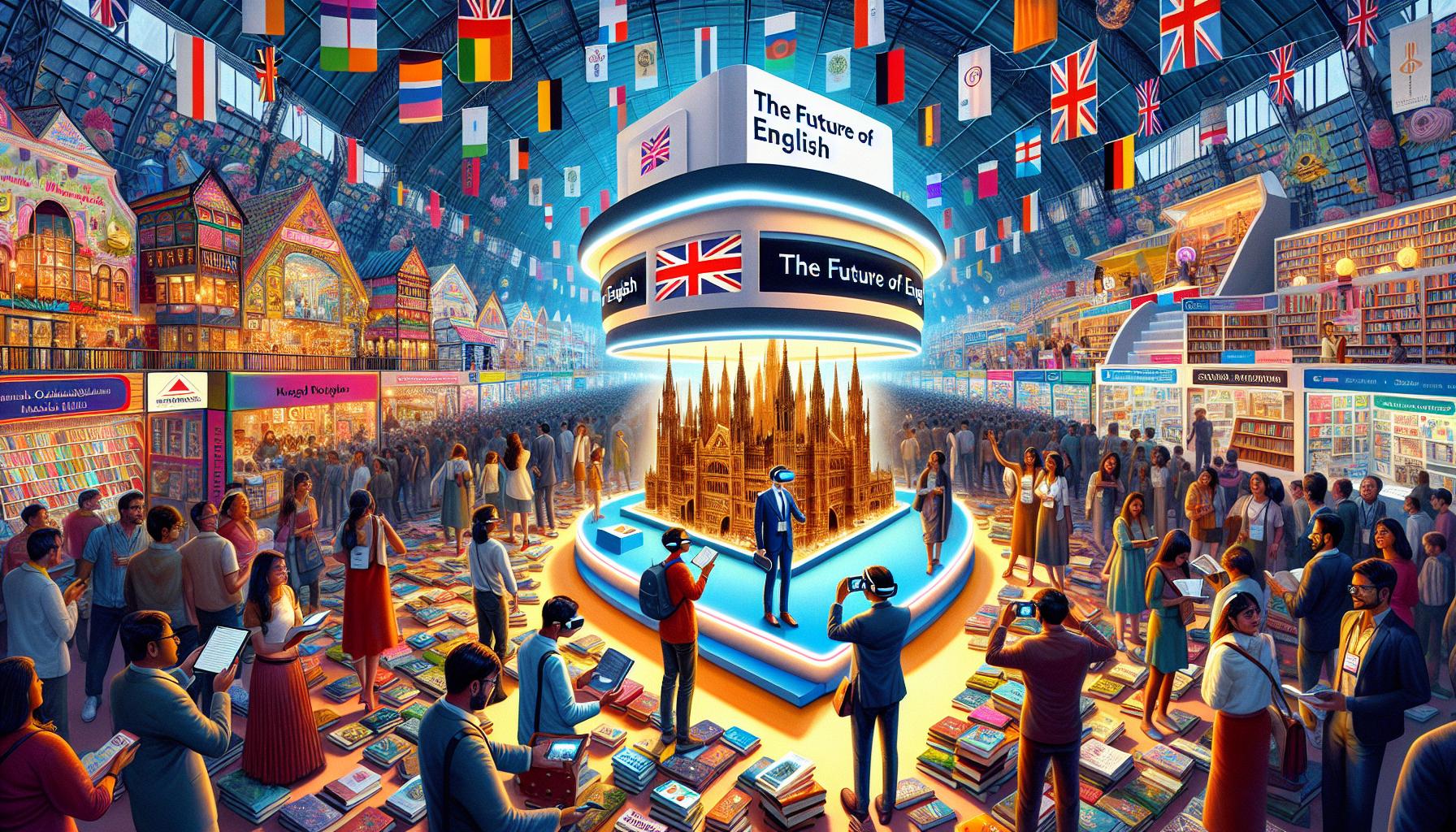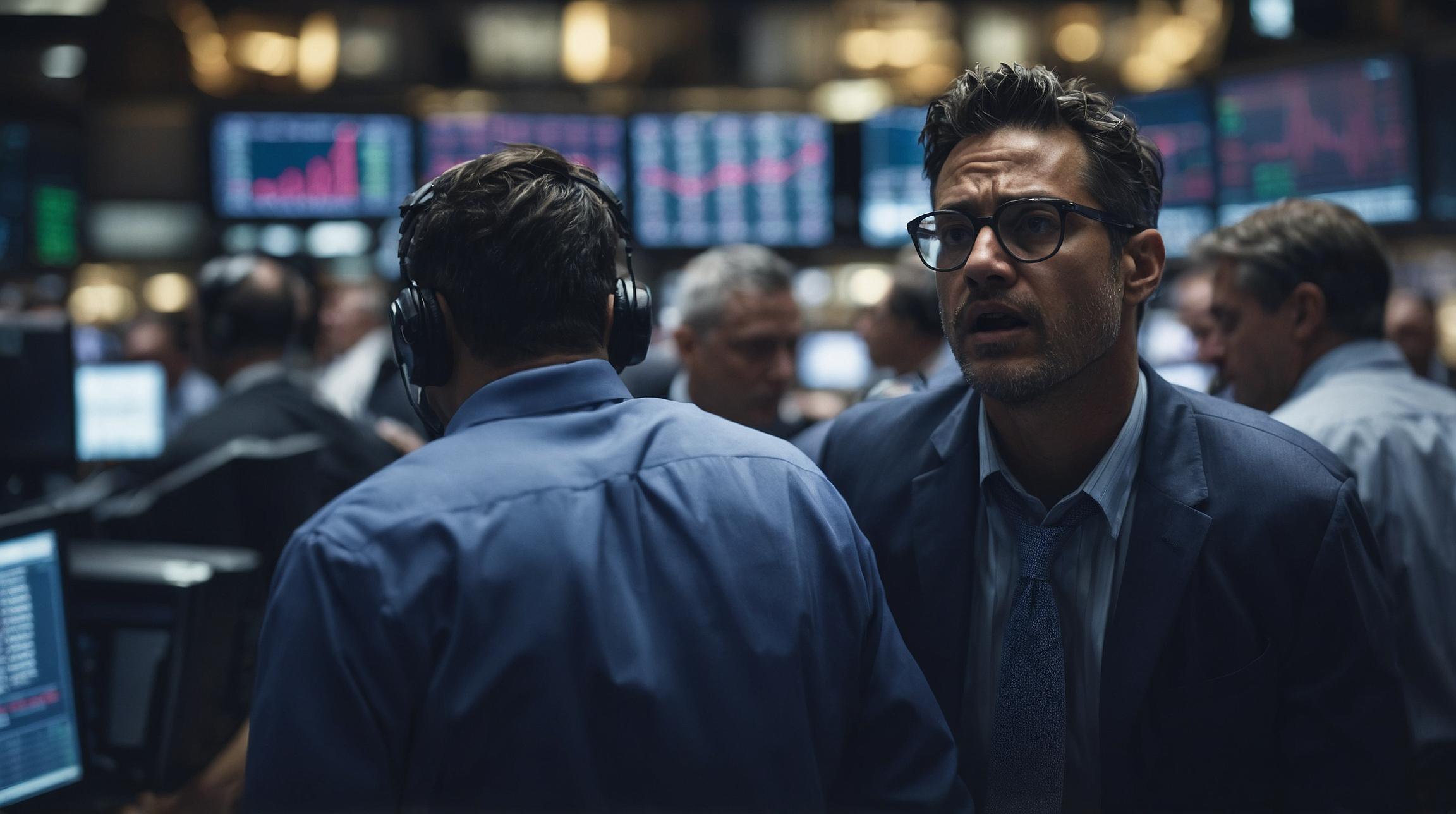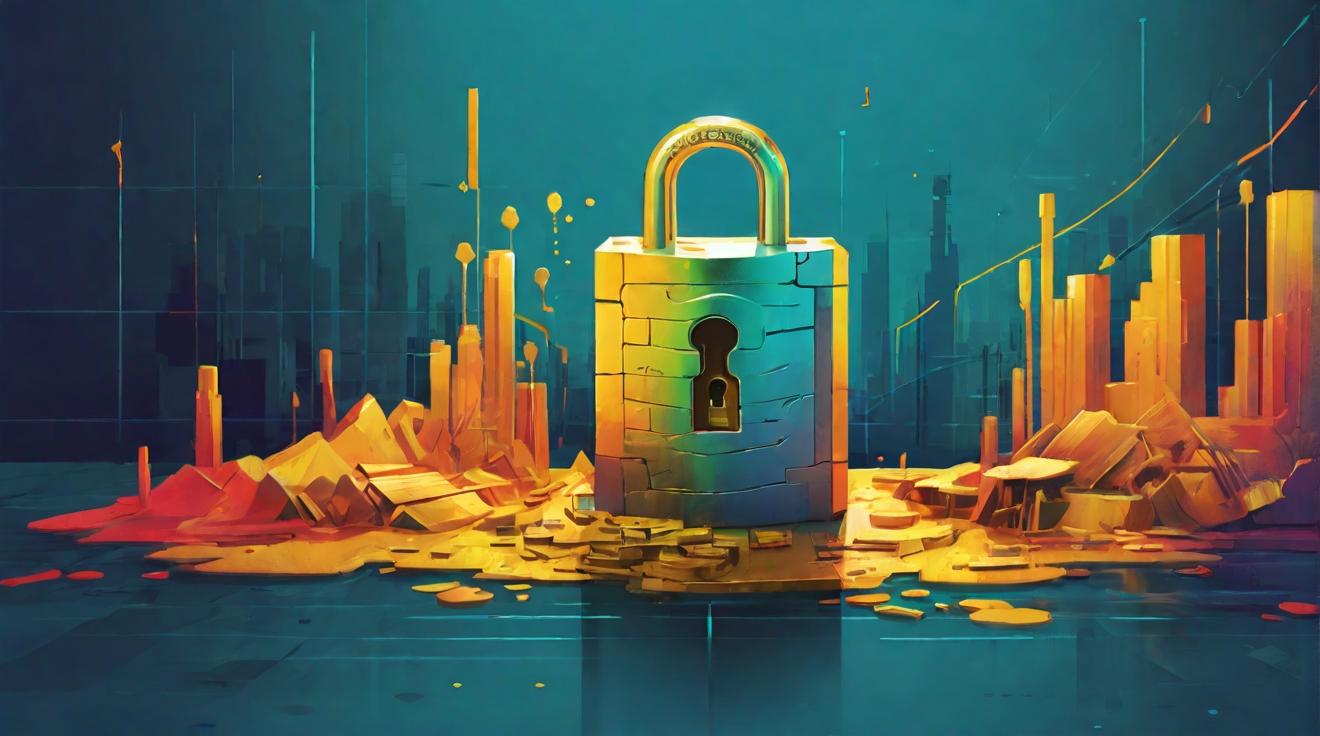All About NFT Development Industry In 2024 And Its Intriguing Importance In The Blockchain World
NFT Development is the process of creating blockchain solutions that utilize non-fungible tokens (NFTs). In the fast-changing world of blockchain technology, NFTs have emerged as game-changers, transforming how we see and interact with digital assets. As we approach 2024, NFT development is set to bring big changes, impacting the virtual economy and digital art space.
Key Takeaways
- NFTs will revolutionize many industries by 2024, offering new chances for digital ownership and interaction.
- Advances in technology, like AI and machine learning, will boost the functionality and attractiveness of NFTs.
- The NFT marketplace is evolving, providing better user experiences, transaction methods, and integration with other platforms.
- More businesses are adopting NFTs for different uses, driven by customization, scalability, and creative solutions.
- Sustainability and regulatory concerns are becoming more important in the NFT development industry, shaping its future.
The Evolution of the NFT Development Industry in 2024
Since its start, the market has significantly changed digital ownership and art. As we move into 2024, the NFT space is a growing ecosystem full of opportunities and trends that are shaping its future.
Key Milestones and Achievements
NFTs have grown from simple digital art to influencing asset ownership and top-tier games. Brands like Azuki and Pudgy Penguins have expanded into entertainment and retail.
Technological Advancements
The industry offers many chances for developers to create new things. Trends show the growth of NFTs into gaming, decentralized finance (DeFi), and the metaverse, with AI playing a role in curating collections.
Market Growth and Trends
The changing NFT environment in 2024 is diverse and dynamic. Trends include AI integration, growth in gaming and DeFi, business adoption, use in social media, and a focus on utility and ownership.
Core Components of NFT Development
Smart Contracts and Blockchain
Smart contracts allow automatic, trustworthy transactions on the blockchain, ensuring terms are met without middlemen. Blockchain keeps the authenticity and ownership of NFTs. In 2024, combining smart contracts with advanced blockchain tech will offer stronger solutions.
Token Standards and Protocols
Standards like ERC-721 and ERC-1155 define how NFTs are created and managed on the blockchain, ensuring they work across different platforms. By 2024, these protocols will add new features, improving NFT functionality.
Security and Compliance
Security is vital in NFT development, with developers using strict methods to prevent hacks and fraud. Following regulatory standards is also essential. In 2024, new tools will deal with emerging threats and regulatory needs.
NFT Marketplaces: Features and Functionalities
NFT marketplaces are online spaces where users can buy and sell NFTs. Unique features can make some marketplaces stand out, adding value to the industry.
NFT Development for Enterprises
Enterprise Use Cases
Companies are using NFTs to tokenize digital content, commodities, and private information, creating unique and engaging interactions.
Customization and Scalability
NFT development allows businesses to customize digital assets and expand their offerings without much extra cost.
Challenges and Solutions
Businesses face challenges like technology barriers and regulatory rules. Solutions include strong smart contracts, following regulatory standards, and advanced security measures.
The Role of NFTs in the Metaverse
NFTs are crucial in building virtual worlds, helping create immersive digital environments.
Virtual Real Estate
NFTs enable owning, buying, and selling of digital land and properties, verified through blockchain for clear and secure transactions.
Digital Identity and Ownership
NFTs represent digital versions of real-world items, ensuring unique and verifiable digital identities and assets in the virtual world.
Interoperability Across Platforms
NFTs help in interoperability across gaming, DeFi, and the metaverse, with adoption by businesses and social media platforms improving user interaction.
Future Trends in the NFT Development Industry
AI and Machine Learning Integration
AI-curated NFT collections offer personalized digital assets, analyzing user tastes and market trends for unique creations.
Sustainability and Eco-friendly Practices
In 2024, there's a shift to sustainable practices, with energy-efficient mechanisms and carbon offset initiatives reducing the carbon footprint of NFT transactions.
Regulatory Landscape
Changing regulatory landscapes will make NFT trading and development more secure and transparent, protecting consumers and ensuring compliance.
Investment Opportunities in the NFT Space
Venture Capital and Funding
Investing in NFTs offers chances to benefit from early adoption and market growth, with transparency adding value and reducing fraud risks.
Risks and Rewards
The NFT market has had ups and downs but remains a growing ecosystem with big opportunities for developers and investors.
Long-term Potential
NFTs continue to attract investors, keeping their spot in the crypto industry despite market changes.
Conclusion
As we move into 2024, the NFT development industry is on the brink of significant growth and change. Advances in blockchain technology promise to change digital ownership, art, and commerce. Opportunities in the NFT space are vast, offering new economic models and promoting a more inclusive and decentralized digital world.
Frequently Asked Questions
What is NFT development?
NFT development involves creating blockchain solutions that utilize non-fungible tokens (NFTs), including smart contracts and NFT marketplaces.
Why is NFT development important in 2024?
NFT development advances the digital economy and virtual art space, offering unique opportunities for digital ownership and secure transactions.
What are the core components of NFT development?
Core components include smart contracts and blockchain tech, token standards, and ensuring security and compliance.
How do NFT marketplaces function?
NFT marketplaces are platforms for buying, selling, and trading NFTs, featuring easy-to-use interfaces and secure transaction systems.
What are some enterprise use cases for NFTs?
Businesses use NFTs for digital identity verification, virtual real estate, secure data sharing, and enhancing customer engagement with unique digital assets.
What future trends can we expect in the NFT development industry?
Trends include AI and machine learning integration, sustainable practices, and evolving regulatory landscapes to ensure secure and compliant NFT use.













